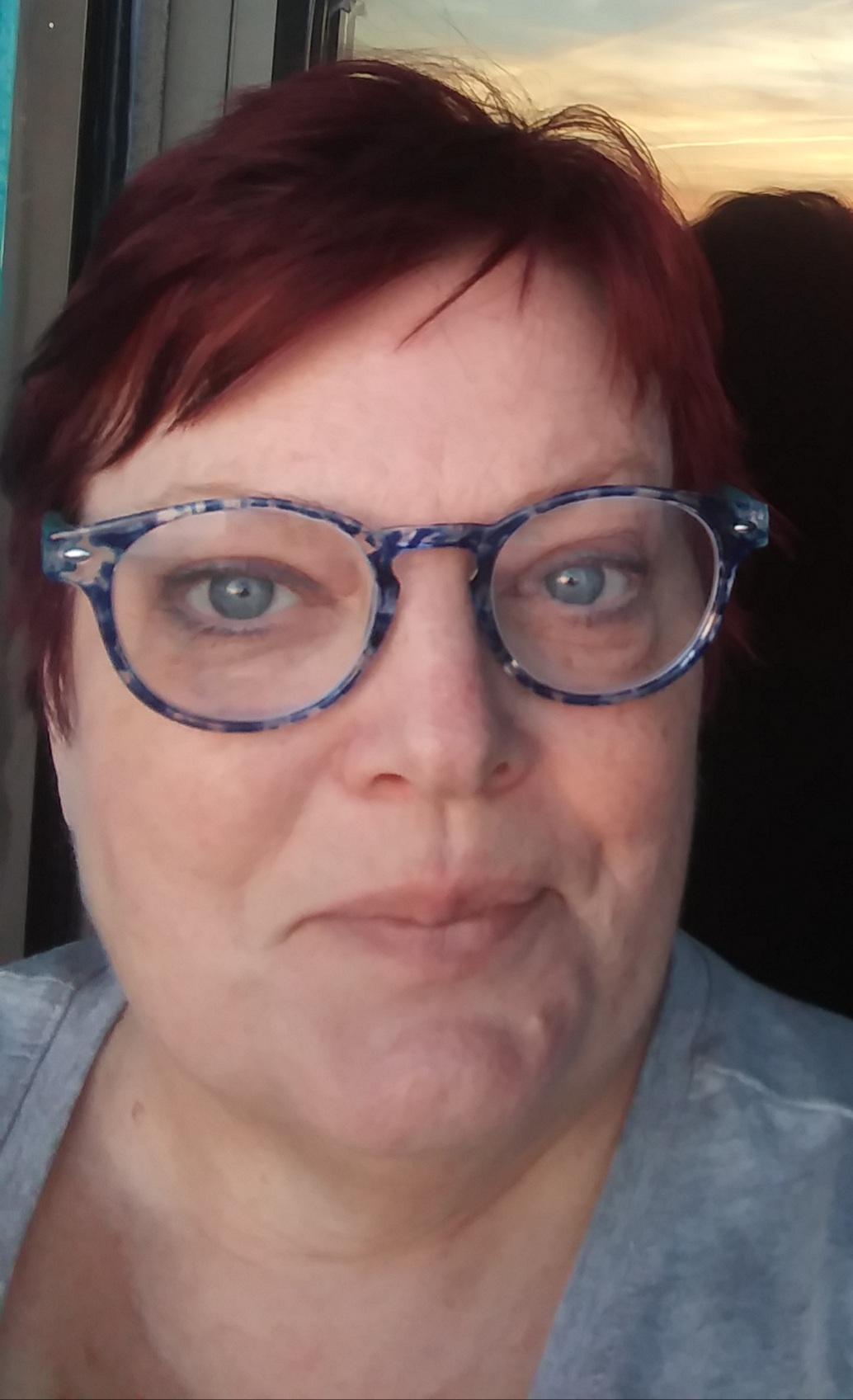Society itself and the learned behaviors of individuals are often reflections of how we choose to comport ourselves to fit within the sphere of social spaces. Not staying within those boundaries, normalized topics or actions becomes unfavorable or taboo, and is discussed in hushed tones with judgemental stares. However, we are only bound to these laws by the collective consciousness of society, and stepping away from the expected opens up Pandora’s box of possibilities.
As Taboos & Transgressions: Stories of Wrongdoing delves into the world of the questionable, Luanne Smith, with her co-editors, Kerry Neville and Devi Laskar, hoped to encourage readers to reassess what we consider “wrongdoing” by taking a look at human nature through stories less often shared.
The anthology works to show how individuals push against the rules of society and deal with the consequences for their actions or inaction. The more malicious characters and individuals don’t get away scot-free, providing that karma will haunt them accordingly if the law didn’t take care of them first.
Even though the range of taboos mentioned in this anthology can be awful and unnatural, these stories deserve to be shared as much as others, if not more so to increase the reader’s self-awareness to be able to recognize and confront similar personal experiences or emotions that they’ve tried to bury deep down.
“Now there are so many rules, some which we break everyday. I was very pleased with the variety of rule-breakers out there,” jokes Smith.
There was much more work submitted by women, which says we’re really pushing against constraints of society as women. We’re really trying to break out of the mold that is shaped and says ‘this is what it means to be a woman.’ The consequences aren’t always good, that’s part of it, but that’s what the anthology really explores: breaking away from expectations.
Smith credits the inspiration behind writing about taboos to a masterclass by Joyce Carol Oates that highlighted the importance of challenging how we perceive these dark topics as also innately human experiences.
Whether they’re moments of empowerment through overcoming difficult situations or causing harm to others emotionally or physically, these stories have stayed in the dark for far too long, causing increased ostracization and negative stigmas attached to these less discussed topics.
Highlighting the darker side of “normal” literary themes and content, this unique anthology offers never-before-seen stories from noted authors, including Pam Houston, Kim Addonizio, J.C. Sasser, and Bonnie Jo Campbell.
Bits of previously published work by industry favorites Molly Giles and Joyce Carol Oates open up the discussion to consider previously held beliefs surrounding vulgarity, unnaturalness, or destructive behavior as issues that relate to many, and yet lack normalization without a universalized outlet of expression or larger societal conversation.
Taboos & Transgressions makes us question the society and systems in which these taboos have developed, along with the ways in which we legally and socially enforce norms. These less touched upon stories helps us re-humanize the way we resist against or give into temptations and societal standards as a collective experience, bringing to light everything from the imaginary to the very real, confronting human nature through the ways that we run away from our fears or feelings, finding ourselves operating outside the norm or off the well-worn path.
Working to include all voices, these stories about breaking taboos are from men and women alike, and this anthology wishes to provide readers with written proof that we are not alone in these lightly touched upon topics. Encouraging you to engage with your demons, you can find more information about Luanne Smith and Taboos & Transgressions: Stories of Wrongdoings at the publisher’s website.
This is a Contributor Post. Opinions expressed here are opinions of the Contributor. Influencive does not endorse or review brands mentioned; does not and cannot investigate relationships with brands, products, and people mentioned and is up to the Contributor to disclose. Contributors, amongst other accounts and articles may be professional fee-based.

